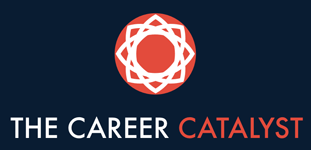
It’s important to be positive in your resume, and to own those skills and accomplishments. It might feel weird, but this isn’t the time to be bashful. Your resume is your marketing document, so market the heck out of yourself. For instance, if a job posting that catches your fancy mentions that Spanish language skills are a plus, include yours—even if you’ve just got enough to make a couple jokes or get directions. You can even self-rate your skills: “Intermediate spoken Spanish language.” Just don’t oversell it. If you haven’t had full dreams in the target language, don’t call yourself fluent or you’ll find yourself trying to translate some documents you can’t fathom.
When your skills look like that they want but don’t quite match, explain a little of why. For example, if a higher education job wants you to have experience with student management software and what you have is hospital patient management software, spell that out: “High level of skill with HealthTracker client management and tracking software.” This demonstrates that your skills closely match what they’re looking for, and that you are able to learn what they need. If the resume reviewers are using a points system, you’re likely to get at least half-points for this sort of thing, and that could very well edge you into the pool of interviewees.
And if you have questions about how to list something on a resume, run it by friends and family to gather opinions. Application materials are personal and subjective, so getting a good pool of thoughts from others will help you make sure you’re striking the right notes in your documents.



